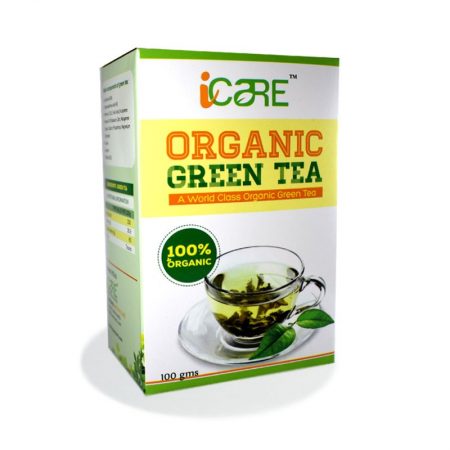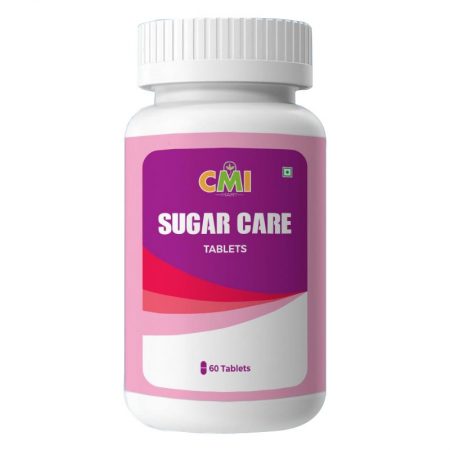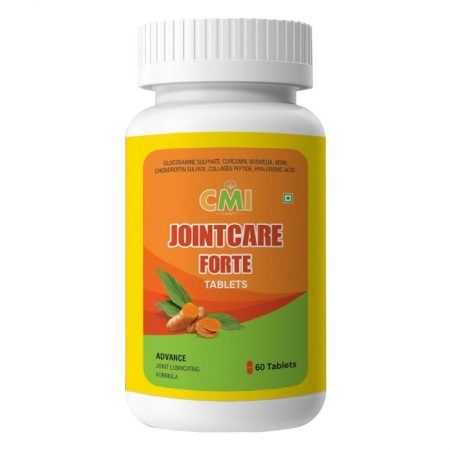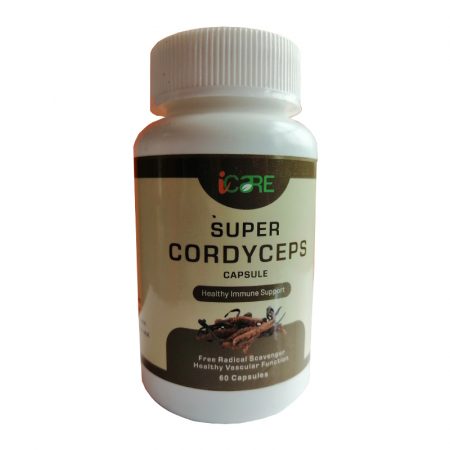Description
Turmeric Curcumin is a yellow-orange spice that is common in Nepal, Indian, Southeast Asian, and Middle Eastern cooking. It’s also been used as medicine in places like Nepal, India for centuries to treat issues such as breathing problems Cold, Flue. Lately, turmeric has been touted as a superfood that can fight cancer, ease depression, and more.
Turmeric is a spice that comes from the turmeric plant. It is commonly used in Asian food. You probably know turmeric as the main spice in curry. It has a warm, bitter taste and is frequently used to flavor or color curry powders, mustards, butter, and cheeses. But the root of turmeric is also used widely to make medicine. It contains a yellow-colored chemical called curcumin, which is often used to color foods and cosmetics.
Turmeric is commonly used for conditions involving pain and inflammation, such as osteoarthritis. It is also used for hay fever, depression, high cholesterol, a type of liver disease, and itching. Some people use turmeric for heartburn, thinking and memory skills, inflammatory bowel disease, stress, and many other conditions, but there is no good scientific evidence to support these uses.
How does it work?
Turmeric contains the chemical curcumin. Curcumin and other chemicals in turmeric might decrease swelling (inflammation). Because of this, turmeric might be beneficial for treating conditions that involve inflammation. Possibly Effective for
Hay fever. Taking curcumin, a chemical found in turmeric seems to reduce hay fever symptoms such as sneezing, itching, runny nose, and congestion.
Depression. Most available research shows that taking curcumin, a chemical found in turmeric reduces depression symptoms in people already using an antidepressant.
High levels of cholesterol or other fats (lipids) in the blood (hyperlipidemia). Turmeric seems to lower levels of blood fats called triglycerides. The effects of turmeric on cholesterol levels are conflicting. There are many different turmeric products available. It is not known which ones work best. The buildup of fat in the liver in people who drink little or no alcohol (nonalcoholic fatty liver disease or NAFLD). Research shows that taking turmeric extract reduces markers of liver injury in people who have a liver disease not caused by alcohol. It also seems to help prevent the build-up of more fat in the liver in people with this condition.
Osteoarthritis. Some research shows that taking turmeric extracts, alone or in combination with other herbal ingredients, can reduce pain and improve function in people with knee osteoarthritis. In some research, turmeric worked about as well as ibuprofen for reducing osteoarthritis pain. But it does not seem to work as well as diclofenac for improving pain and function in people with osteoarthritis.
Itching. Research suggests that taking turmeric by mouth three times daily for 8 weeks reduces itching in people with long-term kidney disease. Also, early research suggests that taking a specific combination product containing curcumin plus black pepper or long pepper daily for 4 weeks reduces itching severity and improves the quality of life in people with chronic itching caused by mustard gas.
Stomach ulcers. Some research suggests that taking turmeric three times daily for 8 weeks does not improve stomach ulcers. Also, taking powdered turmeric four times daily for 6 weeks seems to be less effective than taking a conventional antacid.
Skin damage caused by radiation therapy (radiation dermatitis). Curcumin is a chemical in turmeric. Taking curcumin does not seem to prevent skin problems during radiation treatment.
Insufficient Evidence for a decline in memory and thinking skills occurs normally with age. Curcumin is a chemical in turmeric. Some research shows that curcumin can improve memory and attention in older adults. Some of these adults showed signs of mild mental decline before taking curcumin. But other research shows that curcumin does not improve mental function in older people who don’t show signs of mental decline.
Asthma. Adding turmeric to standard therapy for asthma doesn’t seem to improve lung function or reduce most asthma symptoms in adults or children. But adding turmeric to usual asthma treatment in children may reduce the need for rescue inhalers and reduce nighttime awakenings.
A blood disorder that reduces levels of protein in the blood is called hemoglobin (beta-thalassemia). People with beta-thalassemia may need blood transfusions. This can cause too much iron in the blood. Early research shows that taking curcumin, a chemical in turmeric might reduce the amount of iron in the blood in people with beta-thalassemia.
An adverse skin reaction caused by cancer drug treatment (chemotherapy-induced acral erythema). Taking turmeric doesn’t seem to help prevent this adverse skin reaction in people treated with the cancer drug capecitabine. But it might reduce how many people have a severe skin reaction.
Non-cancerous growths in the large intestine and rectum (colorectal adenoma). Early research shows that taking a turmeric extract does not reduce the number of growths in the intestines of people with a condition called familial adenomatous polyposis.
Colon cancer, rectal cancer. Early research shows that taking curcumin, a chemical found in turmeric, daily for 30 days can reduce the number of precancerous glands in the colon of people at high risk of cancer.
Kidney damage caused by contrast dyes (contrast-induced nephropathy). Curcumin is a chemical in turmeric. Taking curcumin does not seem to reduce the risk of this condition in people who already have kidney disease.
Surgery to improve blood flow to the heart (CABG surgery). Early research suggests that taking curcuminoids, which are chemicals found in turmeric, starting 3 days before surgery and continuing for 5 days after surgery can lower the risk of a heart attack following bypass surgery.
A type of inflammatory bowel disease (Crohn’s disease). Some evidence suggests that taking curcumin, a chemical found in turmeric, daily for one month can reduce bowel movements, diarrhea, and stomach pain in people with Crohn’s disease.
Diabetes. Early research shows that taking curcumin, a chemical found in turmeric, for 12 weeks can reduce blood sugar in people with diabetes who are on dialysis.
Indigestion (dyspepsia). Some research shows that taking turmeric by mouth four times daily for 7 days might help improve an upset stomach.
Muscle soreness caused by exercise. Early research suggests that turmeric might reduce muscle soreness after exercise.
A mild form of gum disease (gingivitis). Early research shows that using a turmeric mouthwash is as effective as a drug-therapy mouthwash for reducing gum disease in people with gingivitis. Other early research shows that taking curcumin, a chemical found in turmeric, daily for four weeks can reduce gum disease in people with gingivitis.
A digestive tract infection can lead to ulcers (Helicobacter pylori or H. pylori). Early research suggests that taking turmeric daily for 4 weeks is less effective than conventional treatment for eliminating certain bacteria (H. pylori) that can cause stomach ulcers. Other research shows that taking turmeric along with conventional treatments for eliminating these bacteria (H. pylori) does not make the conventional treatment more effective. But it may help to reduce stomach upset.
Prediabetes. Early research shows that taking turmeric might prevent diabetes in some people with prediabetes.
A long-term disorder of the large intestines that causes stomach pain (irritable bowel syndrome or IBS). Some early research shows that taking a turmeric extract daily for 8 weeks reduces the symptoms of IBS in people with IBS who are otherwise healthy. Other early research shows that taking a capsule containing turmeric and fennel for 30 days improves pain and quality of life in people with IBS.
Joint pain. Research shows that taking a specific product containing turmeric and other ingredients three times daily for 8 weeks reduces the severity of joint pain. But it does not appear to help joint stiffness or improve joint function.
An inflammatory condition that causes rash or sores on the skin or mouth (lichen planus). Taking a certain product containing chemicals found in turmeric three times daily for 12 days can reduce skin irritation caused by lichen planus.
Symptoms of the menopause. Curcumin is a chemical in turmeric. Some research shows that taking curcumin can reduce hot flashes in some postmenopausal women. But it doesn’t seem to reduce other symptoms of menopause.
A grouping of symptoms that increase the risk of diabetes, heart disease, and stroke (metabolic syndrome). Early research in people’s metabolic syndrome shows that taking curcumin, a chemical in turmeric, for 2-3 months decreases low-density lipoprotein cholesterol (LDL) or a type of “bad” cholesterol. However, curcumin does not affect weight, blood pressure, blood sugar, or levels of other lipids in these people.
Swelling (inflammation) and sores inside the mouth (oral mucositis). Early research shows that swishing a turmeric solution in the mouth six times daily for 6 weeks reduces the risk of inflammation in the mouth and/or esophagus caused by radiation treatment in people with head and neck cancer.
A serious gum infection (periodontitis). Early research shows that applying turmeric gel in addition to having teeth deep cleaned below the gum line doesn’t improve gum disease, but may reduce plaque. Other early research shows that taking curcumin, a chemical found in turmeric, daily for four weeks can reduce gum disease and bleed in the gums in people with this condition.
Pain after surgery. Early research suggests that taking curcumin, a chemical found in turmeric, after surgery can reduce pain, swelling, fatigue, and the need for pain medications.
Premenstrual syndrome (PMS). Research shows that taking a turmeric extract daily for 7 days before a menstrual period and continuing for 3 days after the period is over improves pain, mood, and behavior in women with PMS.
Prostate cancer. Early research shows that taking curcumin, a chemical found in turmeric, might prevent an increase in prostate-specific antigen (PSA) levels and slow the progression of cancer in men with prostate cancer. PSA levels are measured to monitor how well prostate cancer treatment is working.
Scaly, itchy skin (psoriasis). Early research shows that applying a turmeric tonic to the scalp improves the appearance and symptoms of psoriasis in people with psoriasis on the scalp.
Inflammation and damage to the rectum due to radiation therapy. Early research in people with rectum damage from radiation therapy shows that curcumin, a chemical found in turmeric, doesn’t reduce inflammation of the rectum or bladder.
Rheumatoid arthritis (RA). Early research suggests that curcumin, a chemical found in turmeric, might reduce some RA symptoms, including pain, morning stiffness, walking time, and joint swelling. Other research shows that taking a turmeric product twice daily reduces RA symptoms better than conventional medication. But curcumin doesn’t seem to help when used in small amounts.
Stress. Early research shows that taking turmeric formulated with dietary fiber may reduce stress in otherwise healthy people.
An autoimmune disease that causes widespread swelling (systemic lupus erythematosus or SLE). Early research suggests that taking turmeric by mouth three times daily for 3 months can reduce blood pressure and improve kidney function in people with kidney inflammation (lupus nephritis) caused by SLE.
A type of inflammatory bowel disease (ulcerative colitis). Some early research suggests that taking curcumin, a chemical in turmeric, along with standard therapy for ulcerative colitis may improve symptoms and increase remission. But these studies are generally low quality. And when results from these two studies and another study are analyzed together, turmeric doesn’t seem to improve remission rates. Higher quality research is needed to determine the role of turmeric in ulcerative colitis.
Absence of menstrual periods (amenorrhea).
Acne.
Bruises.
Diarrhea.
Fibromyalgia.
Headache.
Hepatitis.
Infection of the airways.
Jaundice.
Liver and gallbladder problems.
Menstrual problems.
Obesity.
A painful mouth disease that reduces one’s ability to open the mouth (oral submucous fibrosis).
Pain.
Ringworm.
Skin damage caused by radiation therapy (radiation dermatitis).
Skin redness caused by injury or irritation (erythema).
Tuberculosis.
Wound healing.
Other conditions.
More evidence is needed to rate turmeric for these uses.







